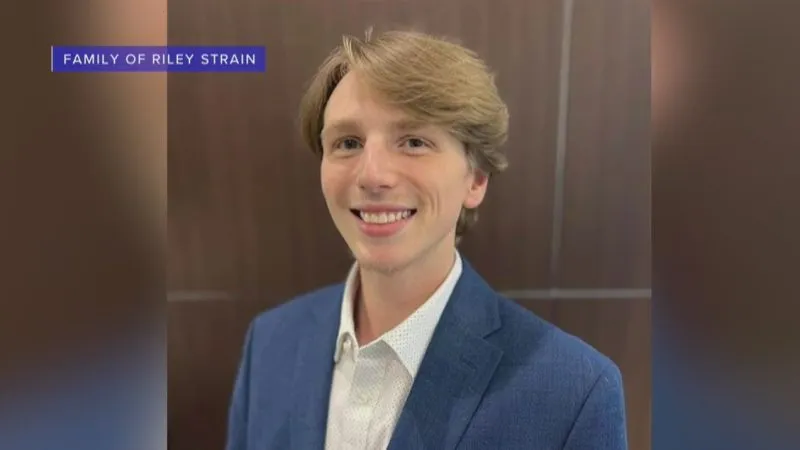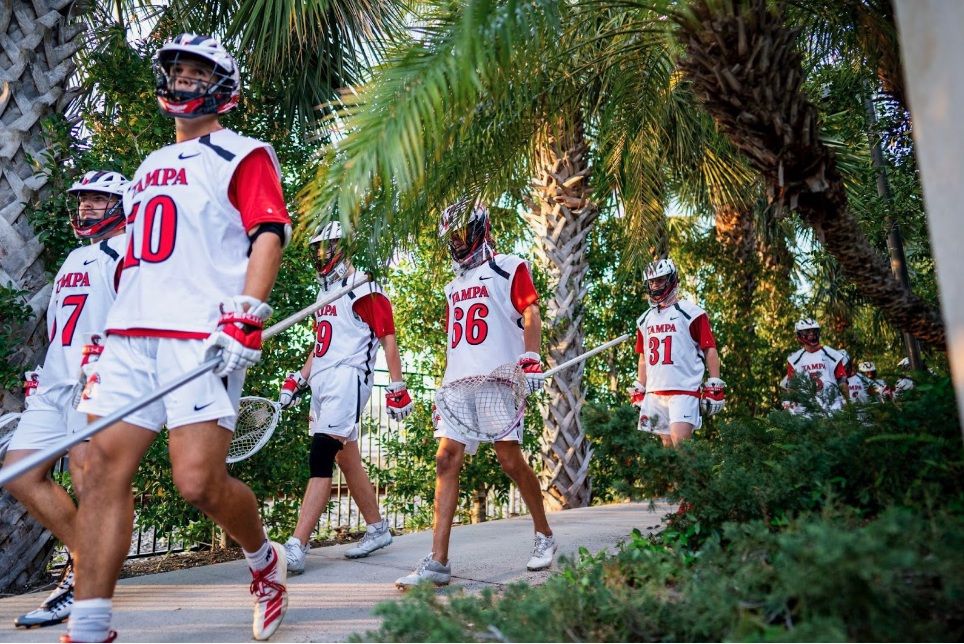(U-WIRE) COLUMBIA, S.C. – A bill scheduled for debate in the House of Representatives could punish universities for not placing “technology based deterrents” for piracy on their school networks.
The bill, the College Opportunity and Affordability Act of 2007, contains a list of requirements for universities to meet if they want to be eligible for federal funding and programs.
Embedded in the nearly 800-page bill is a clause which said, “each eligible university participating in any program” in the bill must “offer… alternatives to illegal downloading, as well as a plan to explore technology based deterrents to prevent such illegal activity.”
The bill is supported by the Motion Picture Association of America and Recording Industry Association of America.
According to a CNET News article by Anne Broache, MPAA Washington general counsel Frtiz Attaway, said that linking college funding and piracy is “perfectly legitimate.”
The MPAA released a study in 2005 stating that the movie industry lost 44 percent of its domestic revenue. The MPAA said it made a mistake when compiling the study, and it then said the movie industry lost “approximately 15 percent” of its revenues to college students.”
The RIAA recently sent 19 settlement letters to MIT students that said the students allegedly downloaded music on peer-to-peer networks.
Kimberly South of University Technology Services said USC does not have piracy rates on the scale alleged by the MPAA and RIAA.
“When we made Ruckus available to students, it drastically cut down on RIAA violations,” South said. “Before Ruckus, back in 2006, we had about 200 copy right violations. Now piracy isn’t a huge problem anymore.”
The only real limitations on the University of South Carolina’s network, according to UTS, is a limitation on the file sizes being sent out of the network.
“And if you can prove your file is for educational purposes, we can lift that restriction,” South said.
Students’ views on the legislation and the rate of piracy are mixed. Cheslyne Brighthop, a third-year political science student at USC, said she thinks it’s a good idea.
“Our current measures aren’t working at all. I know plenty of people that download music,” Brighthop said. “To me, it’s like speeding. You might feel guilty afterward, but you don’t feel like you committed a crime.”
Other students said they are violently opposed to the measures in the bill.
“It’s not going to fly at all,” said Steven Murphy, a first-year political science student. “If they do that here, I won’t go to school here.”
Tyler Menamara, a third-year graphic design student, said he advocated the school’s current policy and the Ruckus system.
“I know a few people that are using the program,” Menamara said. “I think it’s sinking in. Our school should continue to offer alternatives to pirating.”
Kyle Winchester, a first-year music student, said many students accepted piracy as something the industry will not be able to eradicate.
“This issue is a tough one to deal with,” Winchester said. “You have to encourage people to have respect for the people who make music. If you pirate it and like it, then buy it.” According to the Electronic Frontier Foundation, The College Opportunity and Affordabilty Act will be debated in February.




Leave a Reply